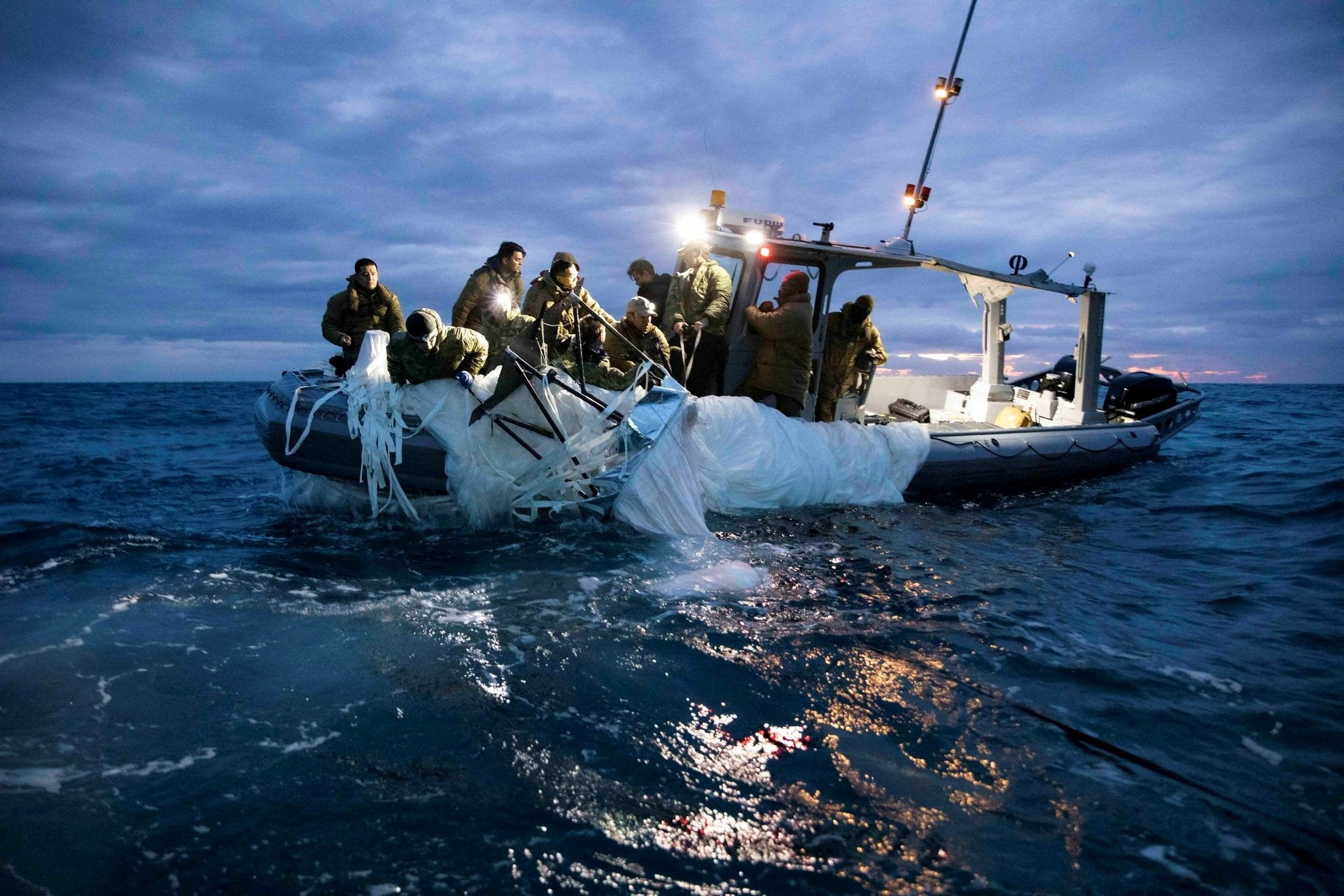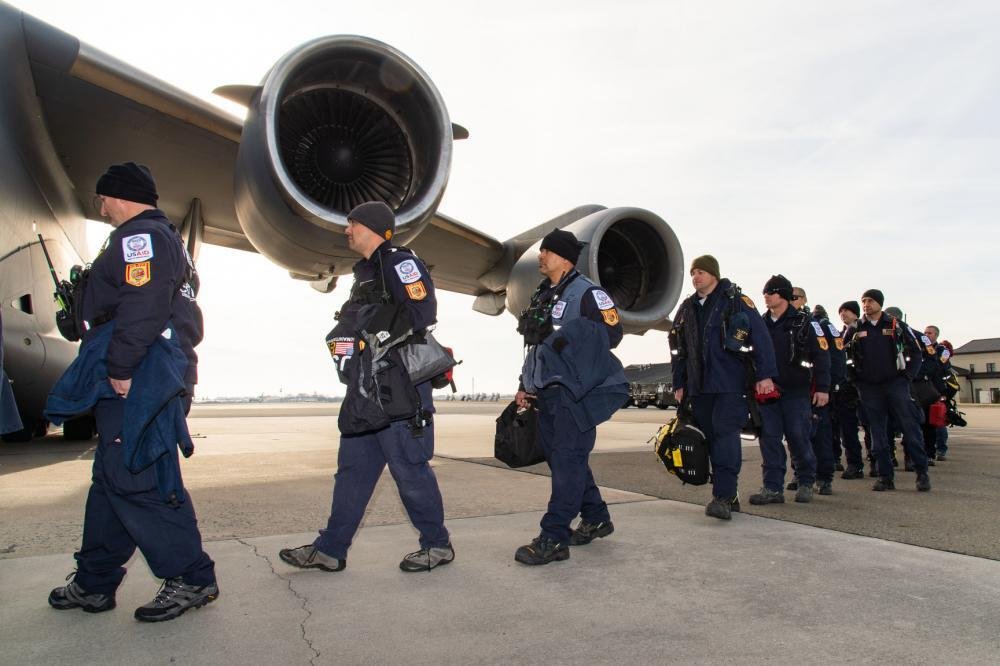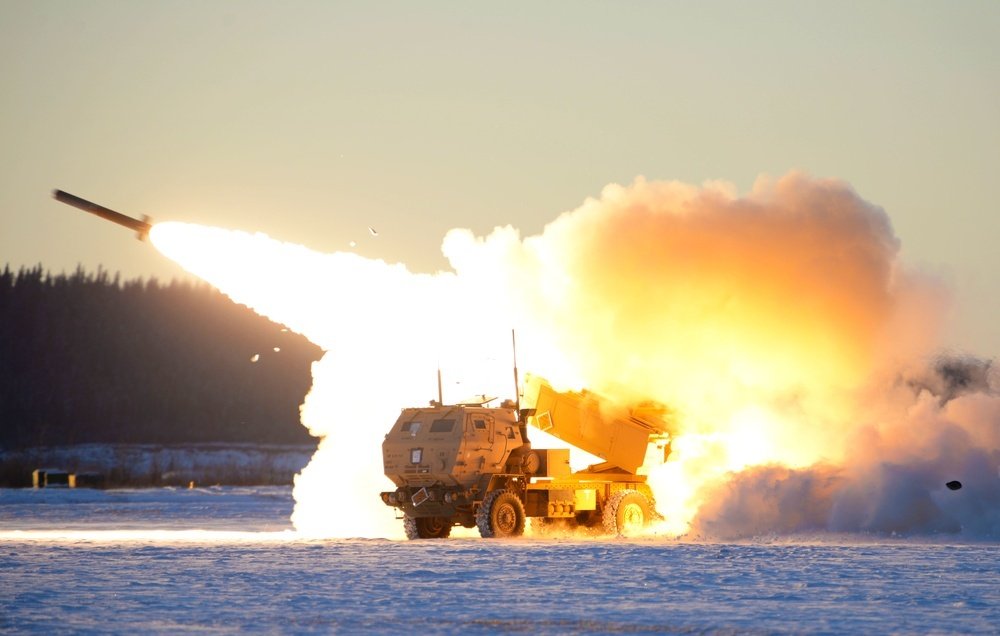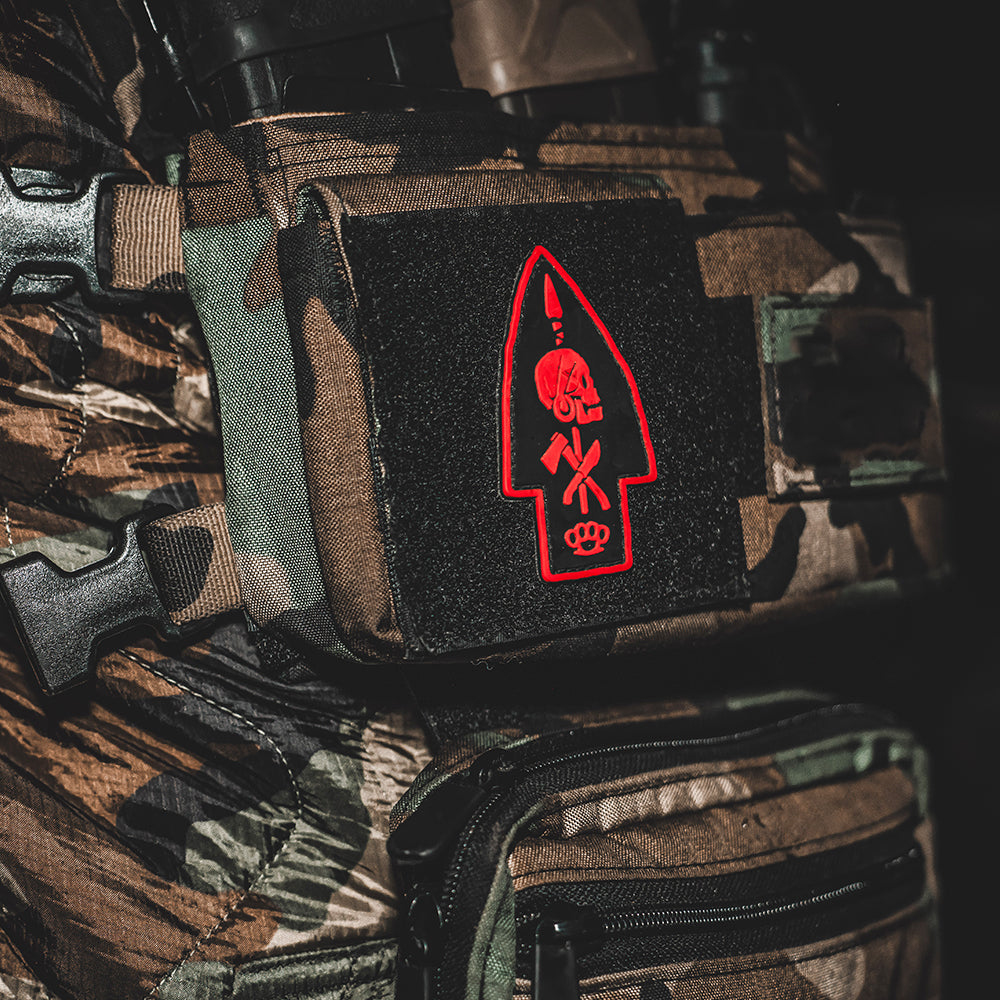
China declined US request for call between defense chiefs after balloon shootdown
WASHINGTON (Reuters) - China declined a request for a phone call between U.S. Defense Secretary Lloyd Austin and Chinese Defense Minister Wei Fenghe after Washington brought down a Chinese spy balloon, a Pentagon spokesperson said on Tuesday.
A U.S. Air Force fighter jet shot down the balloon off the South Carolina coast on Saturday, a week after it first entered U.S. airspace and triggered a dramatic - and public - spying saga that worsened Sino-U.S. relations.
The Pentagon submitted the request for a secure call on Saturday after the balloon came down, Brigadier General Pat Ryder said in a statement.
"Unfortunately, the PRC (China) has declined our request. Our commitment to open lines of communication will continue," Ryder said.
The balloon caused a political uproar in Washington and prompted the top U.S. diplomat, Antony Blinken, to cancel a Sunday-Monday tip to Beijing that both countries had hoped would steady their rocky relations.
China has said it was a weather balloon that had blown off course into U.S. airspace and accused the United States of overreacting.
The White House has downplayed any drastic effect the incident would have on U.S.-China relations. Biden himself said on Monday that the issue had not weakened relations.
When Austin met Wei in November in Cambodia, he emphasized the need to improve crisis communications.
No U.S. defense secretary since Jim Mattis in 2018 has visited China.
Despite tensions between the United States and China, U.S. military officials have long sought to maintain open lines of communication with their Chinese counterparts to mitigate the risk of potential flare-ups or deal with any accidents.
But China has turned down Austin's requests to talk in the past, before they eventually met for the first time in June 2022.
Relations between China and the United States have been tense, with friction between the world's two largest economies over everything from Taiwan and China's human rights record to its military activity in the South China Sea.
(Reporting by Idrees Ali, Phil Stewart; Additional reporting by Eric Beech and Rami Ayyub; Editing by Stephen Coates)








